T4K3.news
Harvard lithium study renews hope for Alzheimer's treatment
A Harvard study links lithium loss to Alzheimer's and hints at new therapies, but experts urge caution as research moves toward human trials.
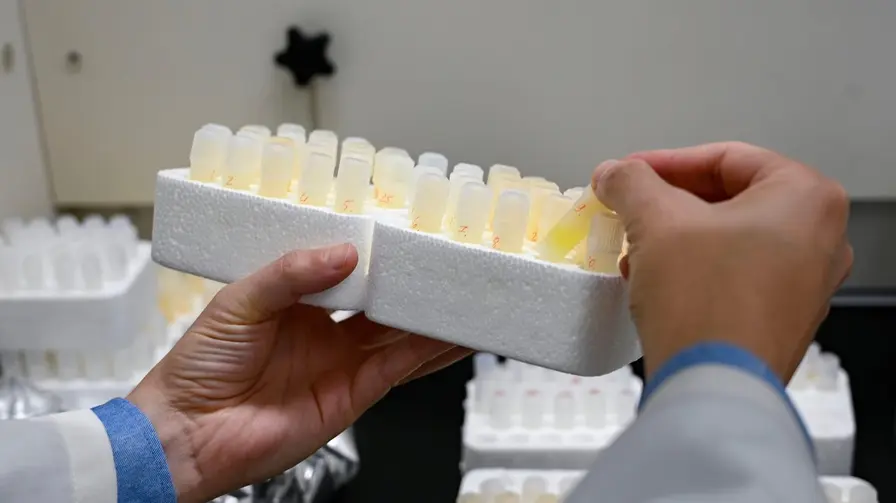
A seven-year Harvard Medical School study links lithium loss to Alzheimer's and signals potential for new therapies, while experts urge caution.
Harvard lithium study renews hope for Alzheimer's treatment
Harvard Medical School researchers led by Dr. Bruce A. Yankner reported in Nature that small amounts of lithium orotate could reverse Alzheimer's like changes in mice and restore brain function. The dose used mirrored the metal’s natural levels in the brain, suggesting a possible mechanism to influence disease progression. The work is preclinical, and experts caution that results in animals do not guarantee similar outcomes in humans.
Long Island advocates welcomed the findings with cautious optimism. They see potential for earlier detection and new treatments if the findings are validated in human trials. Doctors also emphasize that people should not self-medicate with lithium, noting the need for rigorous clinical testing before any recommendations. The study, published in Nature, adds to a broader push for accessible, affordable approaches to aging and brain health.
Key Takeaways
"I do not recommend that people take lithium at this point, because it has not been validated as a treatment in humans."
Yankner on translating the mouse model to human use
"This type of information ... I feel should be jumped on."
Tori Cohen on the potential impact for Long Island
"Because lithium orotate is dirt cheap, hopefully we will get rigorous, randomized trials testing this very, very quickly."
Matt Kaeberlein commenting on the financing and speed of trials
"An exciting moment in Alzheimer's research."
Lauren Vlachos on the news significance
The headline is hopeful but the science remains early. Translating results from mice to humans is a long road that requires careful, well-designed trials. Because lithium is already used in bipolar disorder, safety and dosing become central issues in any human application. The low cost of lithium orotate is attractive, yet affordability cannot replace evidence. Public messaging matters here; overstating potential could mislead patients and families who are seeking fast answers.
This moment mirrors a wider trend in aging research where simple, inexpensive compounds create enthusiasm but must be validated. If funded and rigorously tested, the idea could reshape how we approach neurodegeneration. If not, the story risks turning into hype that diverts attention from proven care and responsible drug development.
Highlights
- Lithium could spark breakthroughs only if we test it rigorously
- This is hopeful, but the path to humans is long and careful
- Cheap ideas must go through careful trials or they risk harm
- Science moves at the pace of validation, not hype
Public health risk from misinterpreting findings
The study is preliminary and solely in animals. People might self-medicate with lithium ororate, risking toxicity. Clear guidance and rapid, rigorous human trials are essential to prevent harm and manage expectations.
Further work will reveal whether this spark can become a real treatment.
Enjoyed this? Let your friends know!
Related News
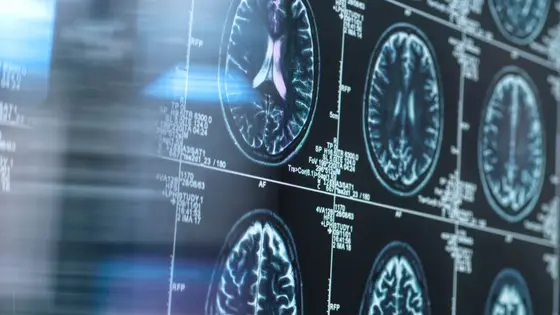
New Harvard study reveals lithium could fight Alzheimer's
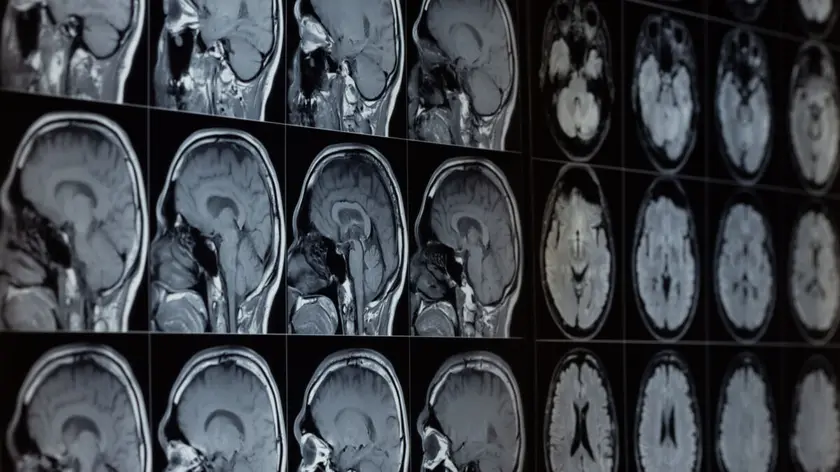
New study links lithium deficiency to Alzheimer's risk

Lithium shows potential for Alzheimer's treatment
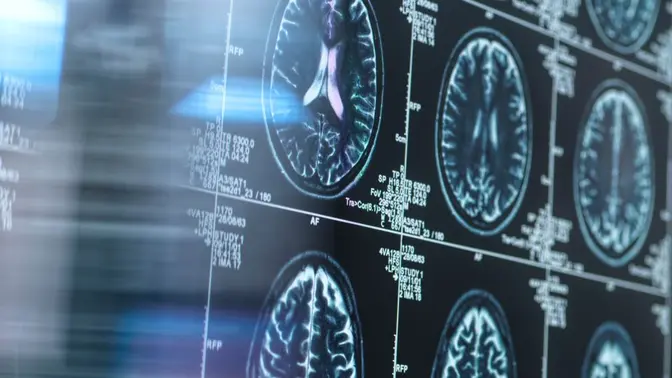
New study reveals lithium's potential role in Alzheimer's prevention

New study reveals lithium's potential in Alzheimer’s treatment
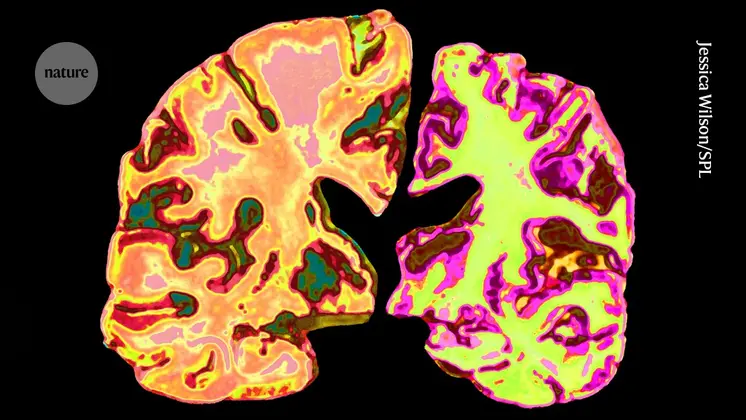
New study reveals lithium’s potential in treating Alzheimer’s
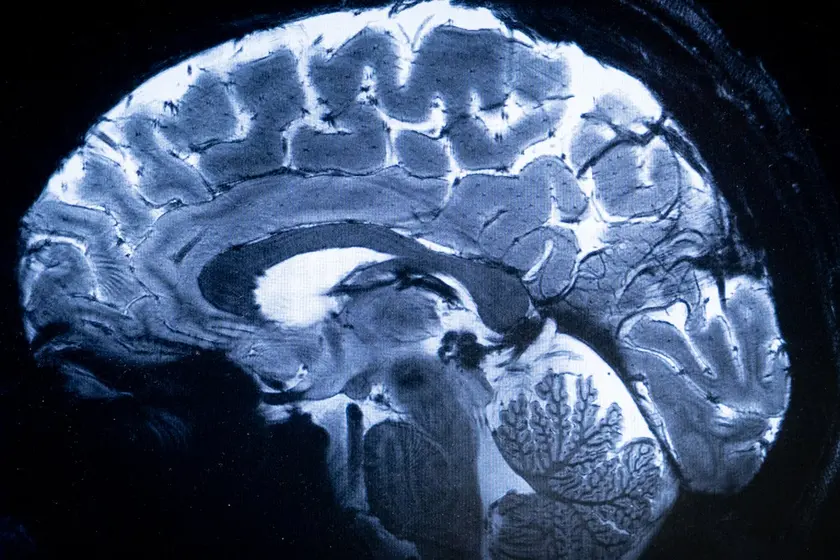
New study links lithium deficiency to Alzheimer's disease
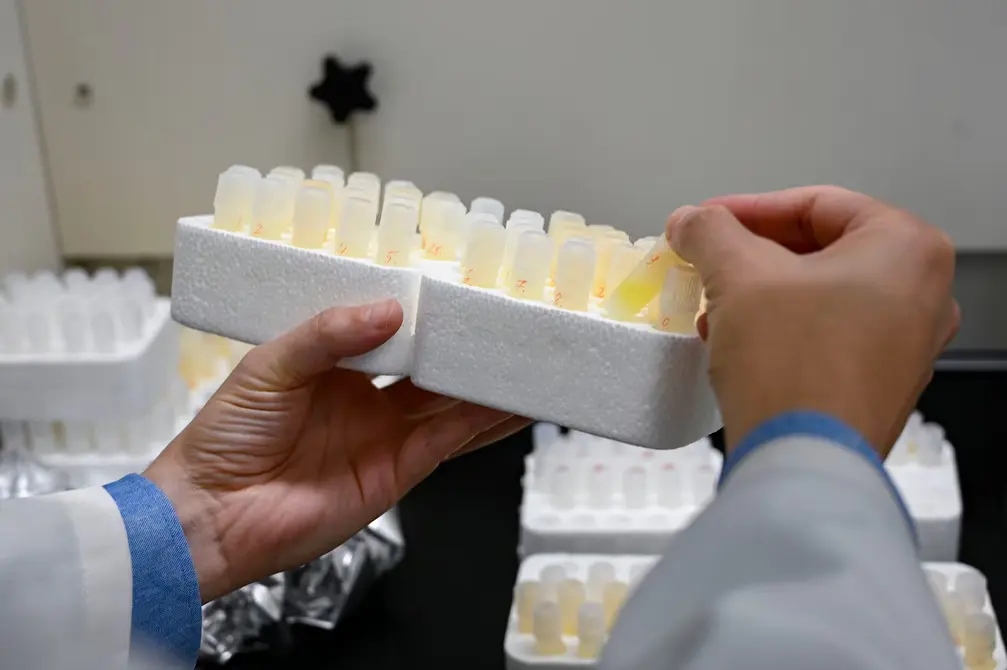
New study shows lithium may protect against cognitive decline
